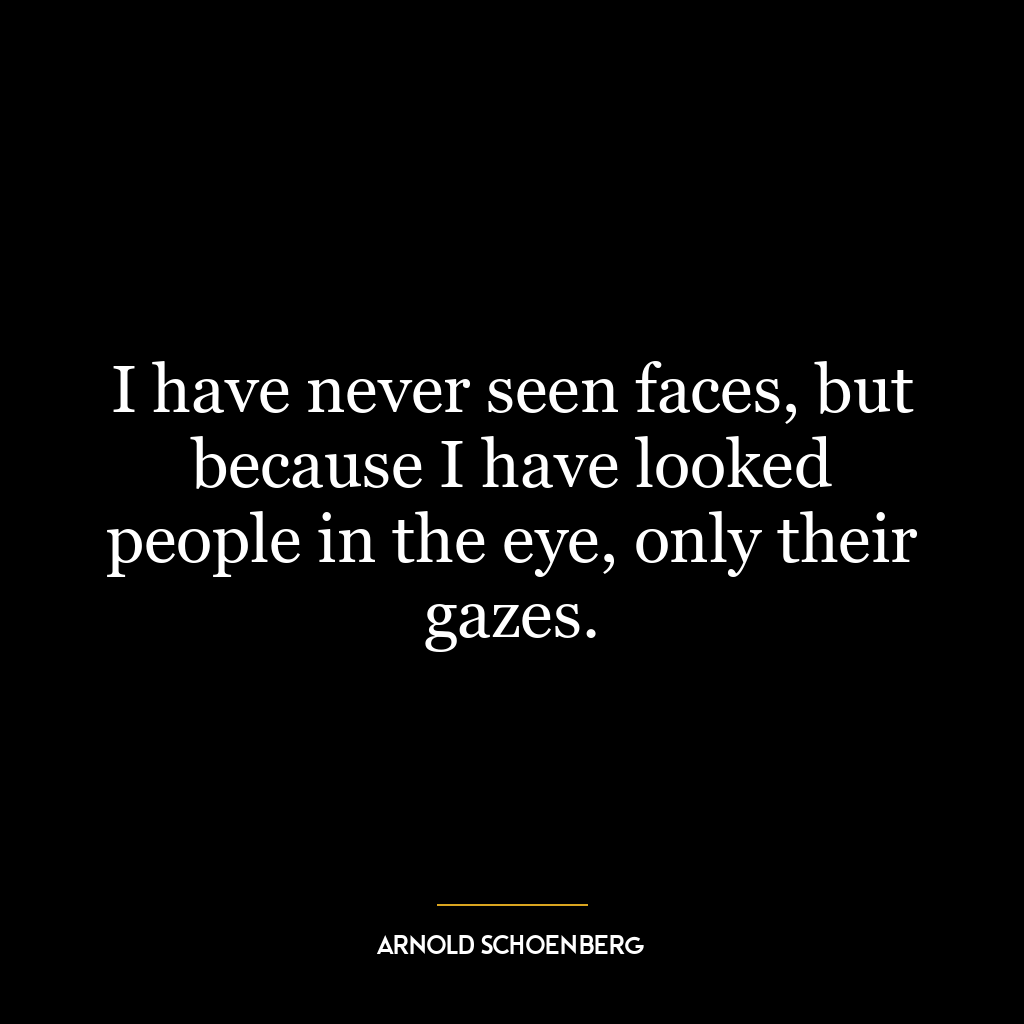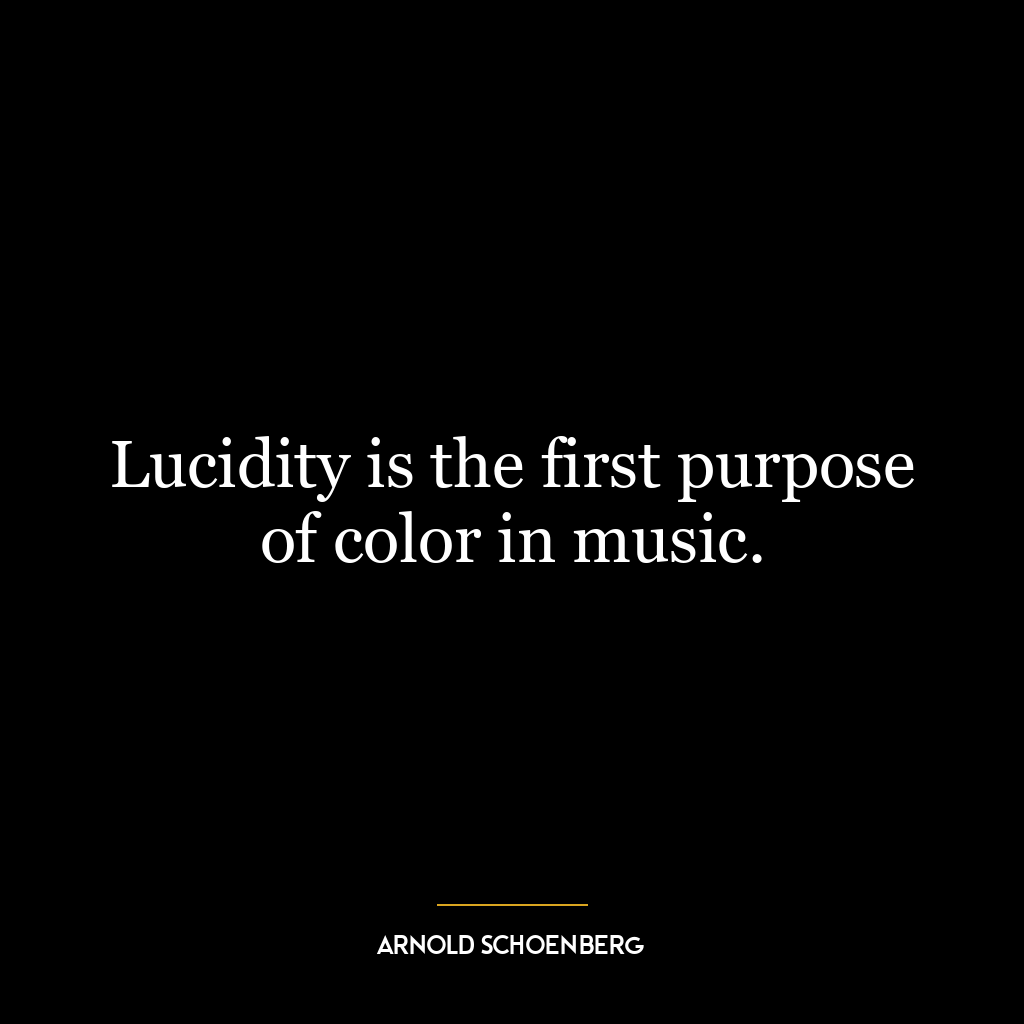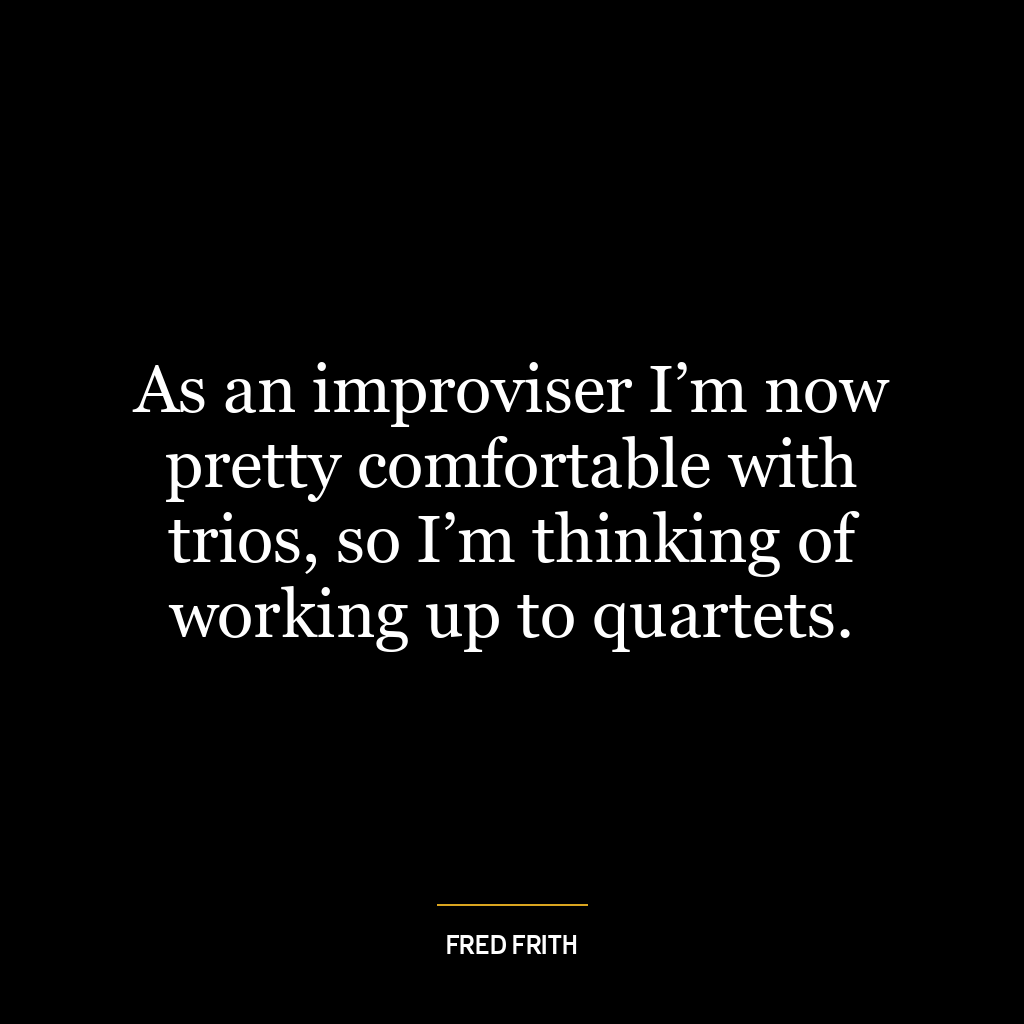Arnold Schoenberg Quotes
- Composer
- Austria
- 1874 - 1951
Arnold Schoenberg (1874-1951) was an Austrian-American composer and painter. He is widely considered one of the most influential composers of the 20th century. He is best known for his twelve-tone technique, which revolutionized the way music was composed. He also developed the use of atonality and…Read More
Arnold Schoenberg (1874-1951) was an Austrian-American composer and painter. He is widely considered one of the most influential composers of the 20th century. He is best known for his twelve-tone technique, which revolutionized the way music was composed. He also developed the use of atonality and serialism, which are still widely used today. His most notable works include the opera Moses und Aron, the string quartet Verklärte Nacht, and the piano suite Pierrot Lunaire. He also wrote several books on music theory, including Fundamentals of Musical Composition and Structural Functions of Harmony.Read Less
Arnold Schoenberg (1874-1951) was an Austrian-American composer and painter. He is widely considered one of the most influential composers of the 20th century. He is best known for his twelve-tone technique, which revolutionized the way music was composed. He also developed the use of atonality and serialism, which are still widely used today. His most notable works include the opera Moses und Aron, the string quartet Verklärte Nacht, and the piano suite Pierrot Lunaire. He also wrote several books on music theory, including Fundamentals of Musical Composition and Structural Functions of Harmony.
7 Insightful Arnold Schoenberg Quotes
Arnold Schoenberg Career Highlights
- Arnold Schoenberg was a renowned Austrian composer, music theorist, and painter.
- He is widely recognized as one of the most influential figures in 20th century music.
- Schoenberg’s early works were heavily influenced by the late Romantic tradition, but he later developed his own atonal and serialist techniques.
- He taught at the University of Southern California and the University of California, Los Angeles, and mentored many notable composers, including Anton Webern and Alban Berg.
- Schoenberg’s most famous works include “Verklärte Nacht,” “Pierrot Lunaire,” and “Moses und Aron.”
Key Contributions by Arnold Schoenberg
- Schoenberg’s development of atonal and serialist techniques revolutionized the world of classical music and paved the way for modernism.
- He also played a significant role in the development of the Second Viennese School, a group of composers who shared his avant-garde approach to music.
- Schoenberg’s theories on harmony and composition continue to be studied and applied by musicians and scholars around the world.
What Sets Arnold Schoenberg Apart
- Schoenberg’s rejection of traditional tonality and his embrace of dissonance and atonality set him apart from his contemporaries and sparked controversy in the music world.
- He was also known for his unconventional teaching methods and his strong opinions on music and art.
- Schoenberg’s legacy continues to be debated and celebrated, with some considering him a revolutionary genius and others criticizing his work as overly complex and inaccessible.
Takeaways
- Arnold Schoenberg’s contributions to music and composition have had a lasting impact on the world of classical music and continue to be studied and debated today.
- His rejection of traditional tonality and embrace of atonality and serialism challenged the norms of classical music and paved the way for modernism.
- Schoenberg’s legacy serves as a reminder of the power of innovation and the importance of pushing boundaries in the arts.














